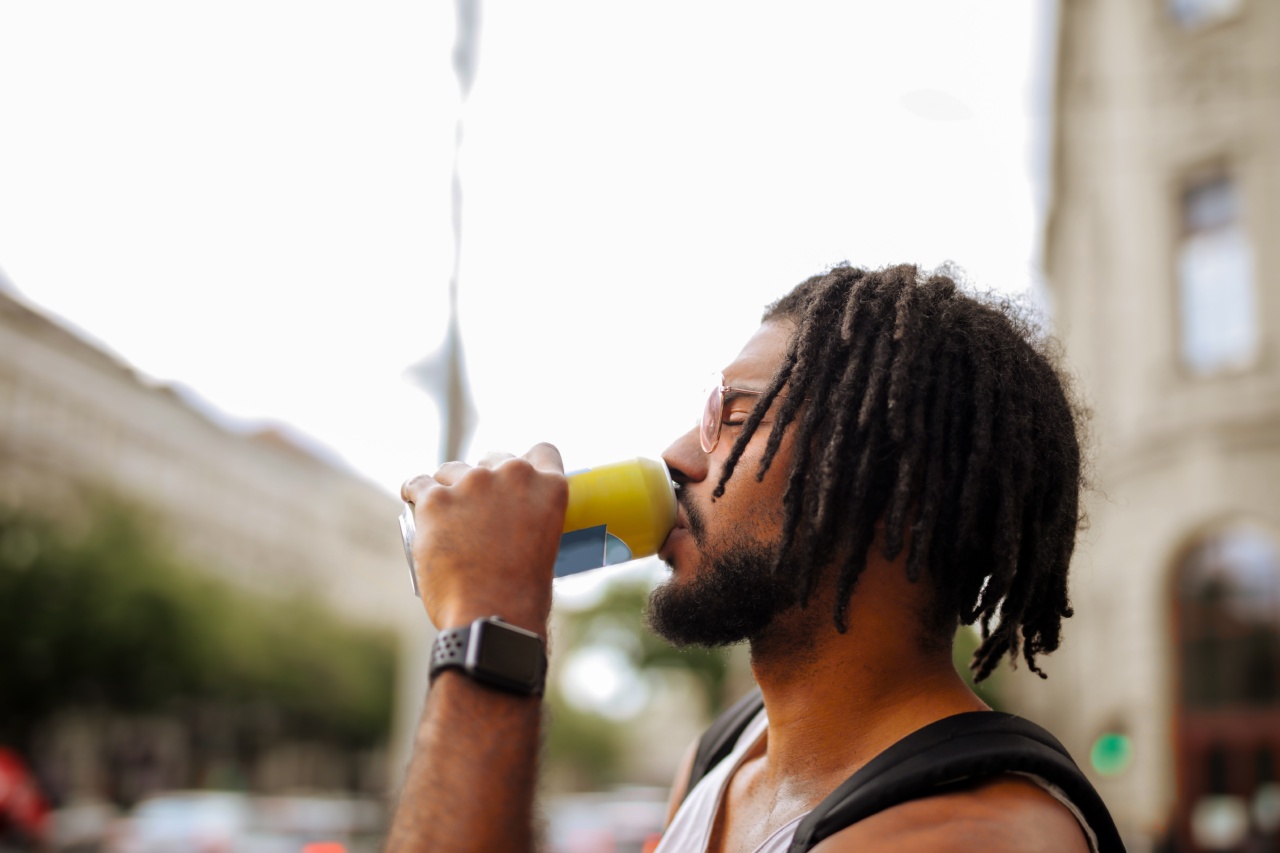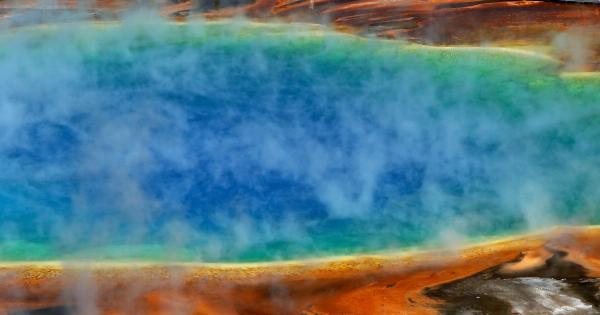In hot weather, it’s not uncommon for people to become irritable, moody, and downright cranky. This phenomenon is often referred to as “losing our cool,” and it’s something that many of us have experienced at one time or another.
But what exactly causes this change in behavior when the temperature rises? Let’s explore the reasons behind why we lose our cool in the heat.
The physiological impact of heat
When we are exposed to high temperatures, our bodies undergo several physiological changes that can contribute to feelings of irritability and discomfort. One of the most notable changes is an increase in core body temperature.
As our bodies work to regulate this rise in temperature, it can put stress on our internal systems, leading to feelings of fatigue and frustration.
In addition to the rise in core body temperature, excessive sweating is another physiological response to heat. While sweating helps to cool our bodies down, it can also result in dehydration.
Dehydration can cause headaches, dizziness, and overall feelings of malaise, all of which can further contribute to our irritability.
Impact of heat on sleep
One of the most significant contributors to losing our cool in the heat is the impact it has on our sleep. When temperatures soar, it can be incredibly challenging to get a good night’s rest.
Research has shown that prolonged exposure to high temperatures can disrupt our sleep patterns, causing restlessness and leading to feelings of fatigue and irritability the following day.
Furthermore, the uncomfortable sensation of lying in bed, feeling hot and sweaty, can make it difficult to fall asleep and stay asleep.
This lack of restorative sleep can greatly affect our mood and ability to cope with everyday stressors, amplifying our irritability and making it easier for us to become easily frustrated.
Heat-induced stress
The heat itself can be a significant source of stress, both physically and psychologically. High temperatures can feel oppressive and uncomfortable, making it harder for us to concentrate, think clearly, and make rational decisions.
This increased stress can heighten our emotional responses, making us more susceptible to losing our cool.
Moreover, extreme heat can also lead to heightened feelings of anxiety. The discomfort and inability to find relief from the heat can create a sense of unease and restlessness.
These anxious feelings can further contribute to our irritability and make it harder for us to maintain our composure.
Social and environmental factors
There are also various social and environmental factors that can contribute to our irritability in the heat.
For example, crowded spaces, such as public transportation or popular outdoor areas, can become hot and stuffy during periods of high temperatures. The combination of heat and overcrowding can lead to feelings of claustrophobia and increased annoyance with those around us.
Add to that the increased noise levels often associated with summer activities, such as construction work or loud parties, and it’s easy to see how our frustration levels can escalate.
These external factors can exacerbate the irritability we already feel due to the physiological and psychological effects of the heat.
The role of humidity
Humidity is another factor that can contribute to the boiling point of our tempers. High humidity levels can make the air feel heavy and stifling, making it harder for our bodies to cool down through sweating.
This can increase feelings of discomfort and frustration, leading to a shorter fuse and an increased likelihood of losing our cool.
Additionally, high humidity levels can affect our ability to breathe comfortably. When the air is humid, it can feel thick, making it harder to take deep, satisfying breaths.
This can further contribute to our feelings of discomfort and agitation in hot weather.
How to keep your cool in the heat
While it may be challenging to avoid the physiological and environmental factors that contribute to losing our cool in the heat, there are a few strategies we can employ to help us stay calm and collected:.
1. Stay hydrated: Drink plenty of water throughout the day to avoid dehydration, which can intensify feelings of irritability.
2. Seek shade or air-conditioned spaces: When the temperature is particularly high, try to spend time in cooler environments to give your body a break from the heat.
3. Dress appropriately: Opt for loose, breathable clothing made from natural fibers to allow air circulation and aid in sweat evaporation.
4. Practice proper sleep hygiene: Create a sleep-friendly environment by using fans, air conditioning, or cooling blankets to help regulate your body temperature and improve sleep quality.
5. Engage in stress-reducing activities: Find healthy outlets to manage stress, such as practicing yoga, mindfulness meditation, or enjoying a cool bath or shower.
6. Take breaks and rest: Allow yourself regular breaks to rest and recover from the heat, especially if engaging in physical activities.
7. Avoid excessive caffeine and alcohol consumption: Both caffeine and alcohol can contribute to dehydration, which can exacerbate feelings of irritability and discomfort in hot weather.
Conclusion
Losing our cool in the heat is a common occurrence for many people, and it can be frustrating to deal with the resulting irritability and mood swings.
Understanding the physiological, psychological, social, and environmental factors that contribute to this phenomenon can help us find ways to cope better with the heat and maintain our composure. By implementing strategies to stay cool, hydrated, and stress-free, we can minimize the impact of hot weather on our mood and overall well-being.































